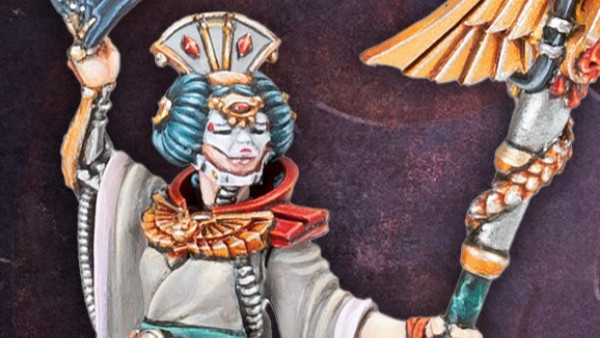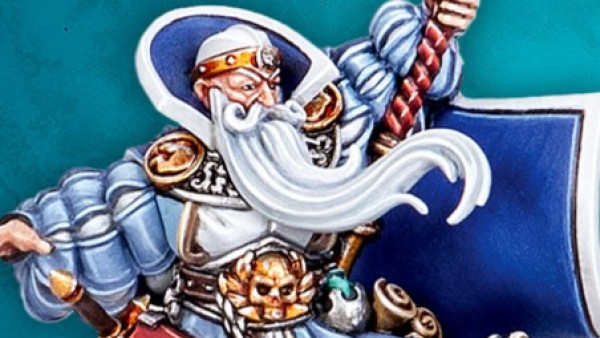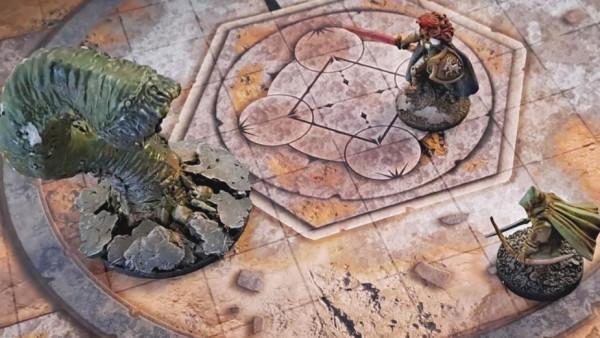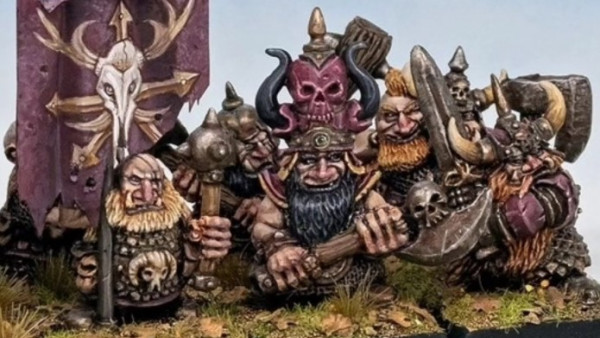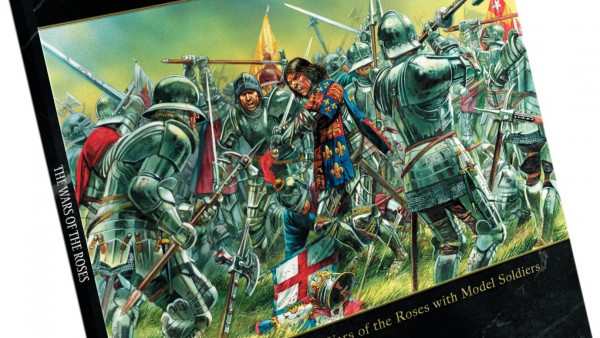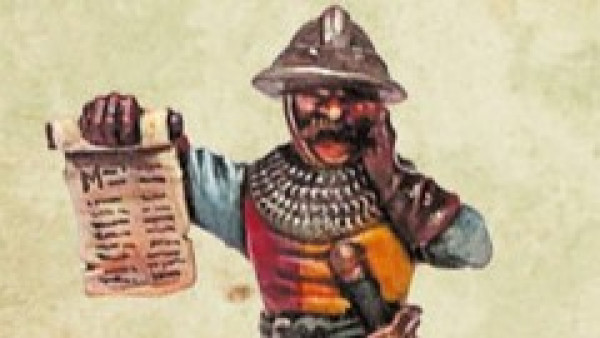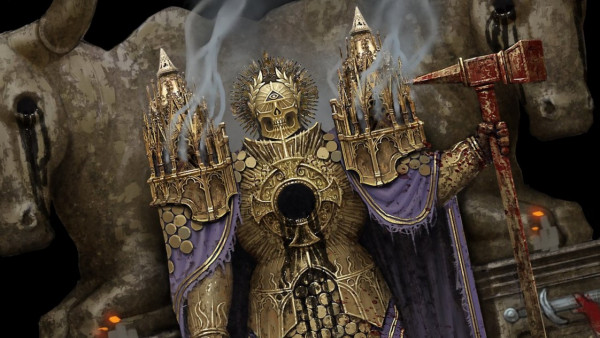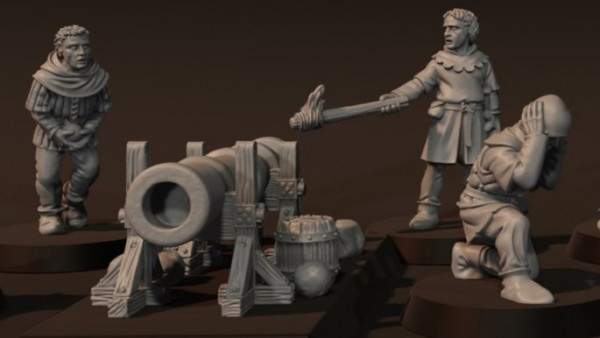Home › Forums › News, Rumours & General Discussion › D&D officially turning Forgotten Realms sights away from Euro inspired campaigns › Reply To: D&D officially turning Forgotten Realms sights away from Euro inspired campaigns
I should expand what I meant with regards to the samurai.
You’re absolutely true that the basic framework of D&D gives you the tools to represent any character class and concept you can think of. With only a few tweaks, I could even use the classes to represent everything from paleolithic men to modern soldiers. The system is abstracted enough that if you use your imagination and fill everything in with the role-playing, it will support that.
However, in reality, I find that games work best when the mechanics serve to push the theme. So, while you could play a “knight” by rolling a fighter and role-playing from there, the paladin enforcing mechanical requirements on you to adhere to a specific code means that you are never not thinking about how your identity in game affects your actions and your progression.
In Dark Heresy, for example, you had to balance between Puritan and Radical branches of the Inquisition. There were real world consequences for embracing radical actions, such as Corruption points, being blocked out of faith powers, etc. At one point in a campaign, a corrupted woman made a very, very strong argument to not be culled. The entire party bought it, and was willing to back down. The Sister of Battle, who stood to potentially lose her powers, absolutely refused to countenance that under any condition, actively shaming the party into acting. It caused inter-character conflict, it got heated, it was great fun.
I can almost assure you that had there been no actual reason for her to hold to her morals beyond good RP, there’s a chance those might have flexed.
Of course, god-level role-players won’t need those aids, but for the 99% of us, I find that people like when playing to theme is actively rewarded. That player certainly made the party’s life more difficult, but it didn’t get personal. The other players knew she wasn’t just being contrary, but that the game itself was telling her to be careful about taking convenient courses of action at the expense of her codes.
To bring me back to the samurai in specific, let’s look at L5R. You have two particular stats in that game; Honour and Glory. Every single action you undertake in that game is reflected in these two stats. Turn down a dangerous challenge? Lose Glory and Honour. Use a cheap tactic to off a dangerous foe? Lose honour, and possibly glory if it’s found out.
Some classes are actively tied to either stat, the Utaku Battle Maiden getting a bonus to damage equal to her honour rank, for example.
Players cannot divest those elements of the near-Japanese culture the game is based on, because the rules don’t allow you to. Waltz around using the wrong titles, not caring about gift-giving protocol, and not following tradition and convention? Prepare to be ostracized and dishonoured. While there was some degree of this in Medieval Europe, to be sure, it is much more pronounced in Japan. The rules choose to focus on this important element of the culture, and it is reinforced by the very mechanics of the game, meaning that players have to change the way they think to actually operate in this world.
Yes, you can do all of this on your own using just the core D&D rules, but by that token you can literally make up anything that’s going to be in any of these source books, so I’m not sure I give that argument much credence.
Sure… I can give the average player a bow and horse-speced fighter and call it samurai, and it will be a reasonable approximation of an Asian dude in armour shooting a bow.
I don’t think, however, that it’s going to make them feel any different from an imaginary version of themselves with a bow, nor put them into the completely different mindset that a truly well-written and representative game or setting will.
I don’t want the ninja to have a high stealth skill and dagger proficiency. I want the ninja player to feel the gut-wrenching existential terror of being caught between your oaths of honourable conduct, and your oaths of service to a lord who is demanding you go against your very nature.































![How To Paint Moonstone’s Nanny | Goblin King Games [7 Days Early Access]](https://images.beastsofwar.com/2024/12/3CU-Gobin-King-Games-Moonstone-Shades-Nanny-coverimage-225-127.jpg)













